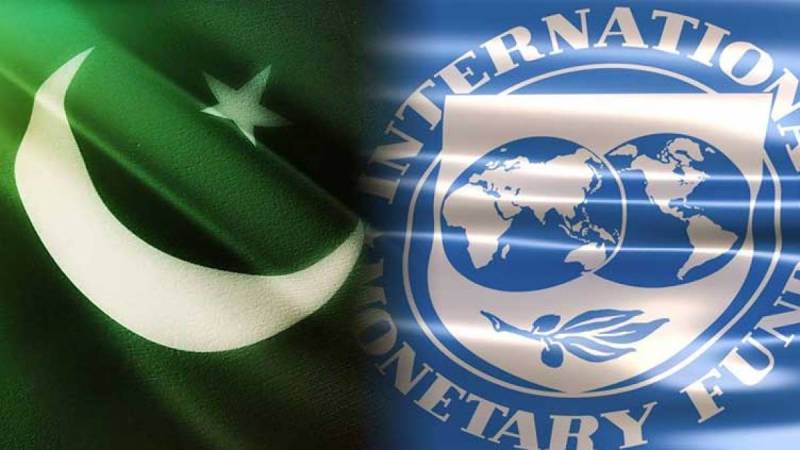
The International Monetary Fund (IMF) has set Pakistan an ambitious money target apart from stringent conditions on managing circular debt as it approved the final tranche of the $3 billion stand-by arrangement and hinted at the possibility of a medium-term programme to follow it.
The authorities are determined to deliver the fiscal year 24 (FY24) general government primary balance target of Rs401 billion (0.4% of GDP), the global lender's Nathan Porter said in a statement issued upon the completion of the second and final review of the ongoing SBA and both sides reaching a staff-level agreement.
Porter added that other efforts that Pakistan must undertake include broadening the tax base, continuing with the timely implementation of power and gas tariff adjustments to keep average tariffs consistent with cost recovery while protecting the vulnerable through the existing, progressive tariff structures, thus avoiding any net circular debt (CD) accumulation in FY24.
Further, he said the State Bank of Pakistan has committed to maintaining a monetary policy to lower inflation and ensure exchange rate flexibility and transparency in the foreign exchange market's operations.
He added that the incoming government has expressed its commitment to continue the economic policies initiated under the caretaker government.
The IMF said that Pakistan's economic and financial position has continued to improve in the months since the first review, with growth and confidence continuing to recover due to prudent policy management and the resumption of inflows from multilateral and bilateral partners.
Future programme
On a future programme, Porter said that Islamabad has expressed an interest in a successor, medium-term Fund-supported programme. This programme will aim to permanently resolve Pakistan's fiscal and external sustainability weaknesses, strengthening its economic recovery and laying the foundations for strong, sustainable, and inclusive growth.
IMF laid out the blueprint for any future programme, listing objectives such as:
(i) strengthening public finances, including through gradual fiscal consolidation and broadening the tax base (especially in undertaxed sectors) and improving tax administration to improve debt sustainability and create space for higher-priority development and social assistance spending to protect the vulnerable;
(ii) restoring the energy sector's viability by accelerating cost-reducing reforms, including through improving electricity transmission and distribution, moving captive power demand to the electricity grid, strengthening distribution company governance and management, and undertaking effective anti-theft efforts;
(iii) returning inflation to target, with a deeper and more transparent flexible foreign exchange market supporting external rebalancing and the rebuilding of foreign reserves; and
(v) Promoting private-led activity through the above-mentioned actions, as well as removing distortionary protection, advancing state-owned enterprise (SOE) reforms to improve the sector's performance, and scaling up investment in human capital to make growth more resilient and inclusive and enable Pakistan to reach its economic potential.

